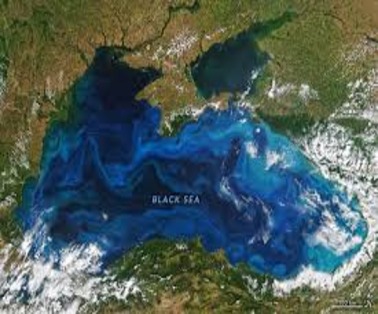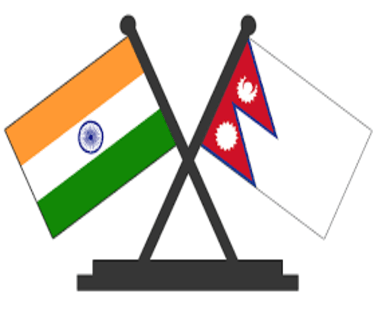Russia has said it is withdrawing from the Black Sea grain deal, which assured safe passage to ships carrying grain from Ukraine
Key Points of the Black Sea Grain Initiative
- The Black Sea grain initiative was negotiated in July 2022 between Turkey, the UN and Russia as a way of ensuring that Ukraine could ensure that its grain could leave
- Ukraine is among the world’s biggest exporter of foodgrains, such as wheat and corn, and a major contributor to the UN’s food aid programmes.
- When Russia invaded the country and blockaded its ports, it sent food prices soaring and raised fears of food security in the poorer nations of the world
- The safe passage in the Black Sea was 310 nautical miles long and three nautical miles wide.
- The deal had been extended twice.
What Did The Grain Deal Promise?
- The initiative allows for commercial food and fertiliser (including ammonia) exports from three key Ukrainian ports in the Black Sea – Odesa, Chornomorsk, and Pivdennyi (formerly known as Yuzhny).
- Ukrainian vessels guide cargo ships into international waters of the Black Sea, avoiding mined areas.
- The vessels then proceed towards Istanbul along an agreed maritime humanitarian corridor.
- Ships heading to and from the Ukrainian ports are inspected by teams composed of Russian, Turkish, Ukrainian and UN inspectors.
- Alongside this memorandum, a separate deal was signed minimising the impact of sanctions on the export of Russian food and fertiliser.
- Both memorandums were subject to four- and then two-monthly reviews.
Russia’s Concerns and Withdrawal from the Black Sea Grain Deal
- Russia claims that the promises made to it under the deal have not been met, and it is still facing trouble exporting its own agricultural products and fertilisers because of the many sanctions the West has slapped on it.
- While there is no direct restriction on Russia’s agricultural products, the country says barriers on payment platforms, insurance, shipping and other logistics are hampering its exports.
- Russia has also said that it had agreed to the grain deal in order to help ensure global food security, but Ukraine has since exported mainly to high-and middle-income countries.
- The UN says while this is true, poorer countries have been helped by food prices cooling down.
Achievements of the Black Sea Grain Deal
The Black Sea grain deal has had several positive outcomes:
- The current deal has helped to bring down prices and ease a global food crisis.
- Prices for wheat, the main ingredient in bread, have fallen about 17 percent so far this year while corn is down about 26 percent.
- Ukrainian grain has played a direct role in easing a global food crisis with 725,200 tonnes, or 2.2 percent of the supplies, shipped through the corridor used by the United Nations World Food Programme (WFP) as aid to countries such as Ethiopia, Somalia and Yemen.
- The International Rescue Committee calls the grain deal a “lifeline for the 79 countries and 349 million people on the front line of food insecurity”.
- However, almost 8 million tonnes of goods have been shipped to China, nearly 25 percent of the 32.9 million tonnes exported, according to the UN, while almost 44 percent of exports were shipped to high income countries.
Current Status of Grain Exports
- Russia is consolidating its position as the world’s top wheat exporter, even as Ukraine’s shipments are projected to more than halve from their peak and production plunge to a 11-year-low.
- The primary destinations for Russian wheat are the Middle East, North Africa and Central Asia, led by Egypt, Iran and Algeria.
- Ukraine’s markets have shifted dramatically from Asia and North Africa before the war to mainly Europe, mostly due to ease of shipment.
- In fact, glut of Ukrainian grain has led to protests from farmers in some Eastern European countries, who said the price of their produce had crashed.
Black Sea
- Black Sea is bound by Ukraine to the north and northwest, Russia and Georgia to the east, Turkey to the south, and Bulgaria and Romania to the west.
- It links to the Sea of Marmara through the Bosphorus and then to the Aegean through the Dardanelles.
- Black Sea has traditionally been Russia’s warm water gateway to Europe.
- For Russia, the Black Sea is both a stepping stone to the Mediterranean.
- It acts as a strategic buffer between NATO and itself.
- It showcases the Russian power in the Mediterranean and to secure the economic gateway to key markets in southern Europe.
- Russia has been making efforts to gain complete control over the Black Sea since the Crimean crisis of 2014.
To Download Monthly Current Affairs PDF Click here
Click here to get a free demo
Everything About CLAT 2025



